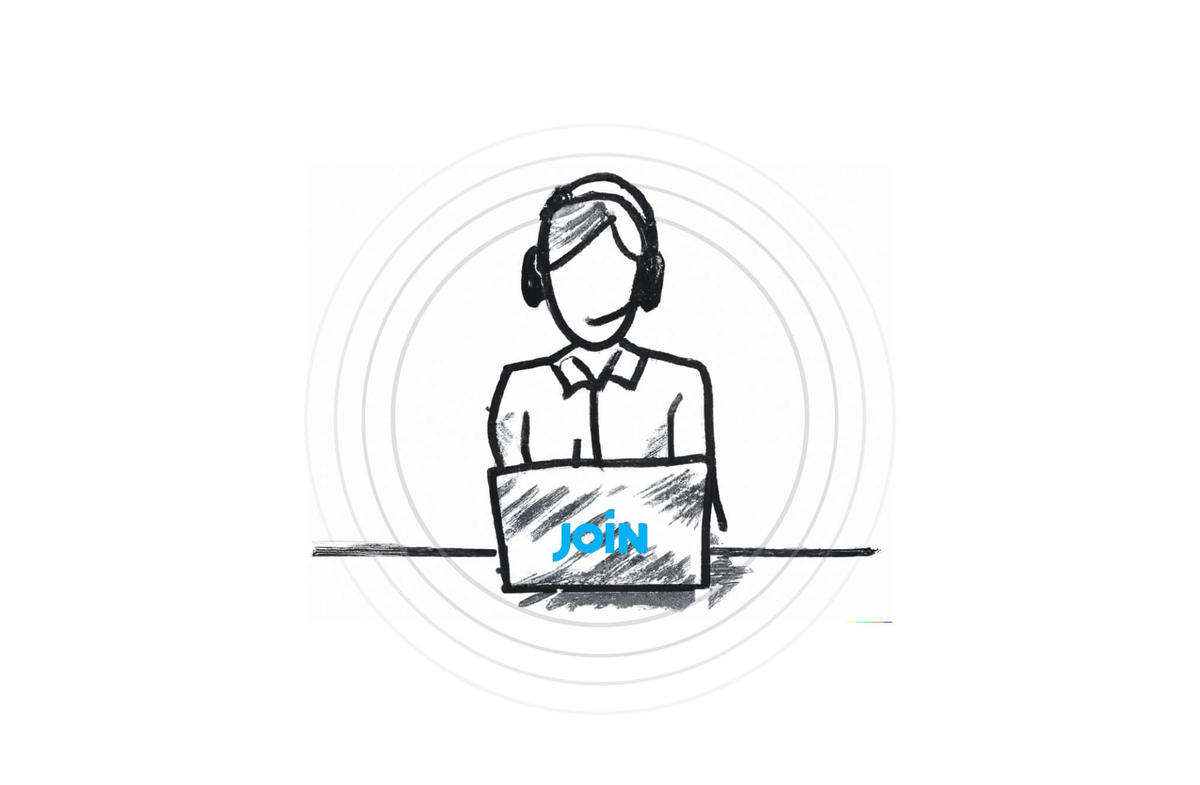What is an employee referral?
DefinitionAn employee referral is when a potential new employee is referred (recommended) to a company by an existing employee or client of that company. Setting up an employee referral program or scheme is a common way for employers to attract talent while saving on recruiting costs.
Employee referral definition
Employee referrals include any applicants for a position at your company that have in some way been referred (either directly or indirectly) by an existing employee, customer, or client of your company.
An employee referral differs from most externally sourced talent in that the company did not have to use traditional recruitment methods to reach and attract the candidate. Instead, the candidate is referred to the company.
Referrals can help a business save on their recruitment costs and shorten the time to hire period. This is why many companies have implemented employee referral programs and schemes to promote referrals, often with lucrative incentives for the referees in return.
Employee referral advantages and disadvantages
Employee referrals are popular among hiring managers as they can pose many benefits. However, there are some downsides to consider as well. We’ll list both below.
Advantages of employee referrals
- Reduces time and cost to hire
Employee referrals can help you significantly speed up the talent acquisition process, saving you both time and money.
Instead of having to invest in traditional talent attraction methods—such as writing a job ad, posting a job, shortlisting, and screening—you can take a shortcut almost straight to the interview process.
This can strongly reduce both the time and cost to hire.
- Improves quality of hire
It’s in the best interest of the person referring the candidate that the candidate is a good fit for the job, otherwise, it might reflect badly on them as well.
Furthermore, since the existing employee already works at your company and knows how your business operates, they will often be able to judge whether the referral will be a good culture add. And, chances are they’ve told the potential candidate a bit more about your organisation and the company culture as well.
In other words, the candidate has been both preselected and prepared for the role. That’s why employee referrals are often much more qualified from the start, as both parties know what they are getting themselves into. This can strongly improve the quality of hire.
- Increases employee retention
The quality of hire also impacts the likelihood of the candidate staying at your company for longer. Since the referral knows better what to expect, the chance that they will actually stick around once hired is much higher, improving your employee retention rate.
With candidates found through external sources, like job boards or social media, there’s a higher risk that as soon as they start at your company they realise their expectations don’t match the reality.
Moreover, if the referral is a close friend of the person referring them, bringing this new employee on board might actually have a positive effect on the retention of the existing employee as well. Being able to work with a friend might improve their satisfaction at work, increasing the chances they want to keep working at your company.
- Expands recruitment reach
Through referrals you may also reach passive candidates, which are candidates who are not actively looking for a job (but who might be interested). Also, the referral might be actively looking for a job, but they might use different channels where you are not promoting your job ad.
There’s even the possibility that one of your employees stayed in touch with a former employee who might be interested in returning to your company (a so-called boomerang employee).
As such, including employee referrals in your hiring process can help you expand your reach and attract candidates that you otherwise would have never found.
- Boosts employer branding
If you are open to employee referrals (and actively promote them with incentives as we’ll discuss below), your existing employees turn into brand ambassadors. They will talk to potential candidates about your company and they might share the job opening on their personal LinkedIn page.
All of this can in turn help boost your employer branding.
Disadvantages of employee referrals
- Friends don’t always make good colleagues
You can be best friends in your personal life, but that doesn’t automatically mean you work well in a professional setting. This is something many employees eager to refer a friend forget.
This can lead to conflict in the workplace and it may even result in one of the two leaving the company altogether, leaving you back where you left off.
- It can lead to social isolation and cliques
You might try to promote an open company culture where everyone gets along and socialises with each other, but smaller social groups and “cliques” are bound to form. When hiring the friend of one of your existing employees, the chance for this to happen increases.
- Hard feelings when unsuccessful
If you decide against hiring the referral you might end up with a disgruntled team member. The existing employee might disagree with your decision and the closer they are to the person they referred, the more likely not hiring the referral leads to hard feelings.
- Decreased team diversity
There’s a good chance that the referred person will have a similar social, economic, or cultural background as the person referring them. This can lead to a more homogenous team and decrease your team’s diversity, which in turn can negatively harm your diversity recruiting strategy and diversity, equity, and inclusion efforts.
Tips for creating an employee referral program
The benefits of employee referral programs should be clear by now and, when handled correctly, the pros certainly outweigh the cons. But to get the most out of employee referrals, it’s best to implement a structured employee referral program.
Consider the following points when building your employee referral scheme:
- Consider an incentive to urge your employees to refer candidates. Most companies offer monetary incentives (e.g. a €2,000 bonus). Alternatively, you can try to stand out with your employee referral program with more creative incentives, such as concert tickets, the latest gadgets, or even hotel stays. When in doubt, ask your employees how they would like to be rewarded for referrals!
- Clearly explain the job requirements to your employees so they know what you are looking for in a candidate. This reduces the possibility of them referring the wrong person, in turn leading to rejection and, potentially, a disgruntled employee.
- Ask employees targeted questions, like “who is the best designer you know”, to increase the chances of a successful referral. It’s a tactic Google used to boost the number of referrals they receive.
- Publicly acknowledge and praise a successful referral to show other employees how much you appreciate their referrals.
- Send regular updates once an employee has referred someone so they are kept in the loop and know you are taking their referral serious. If they don’t hear back from you they will be reluctant to refer someone in the future.
- Constantly promote your employee referral program by regularly bringing it up in all team meetings or sending out group reminders via email or Slack.
These tips help you increase your chances of creating a solid employee referral program that will consistently deliver qualified candidates. And with the Great Resignation still on the way, diversifying your recruitment strategies is more important than ever!


